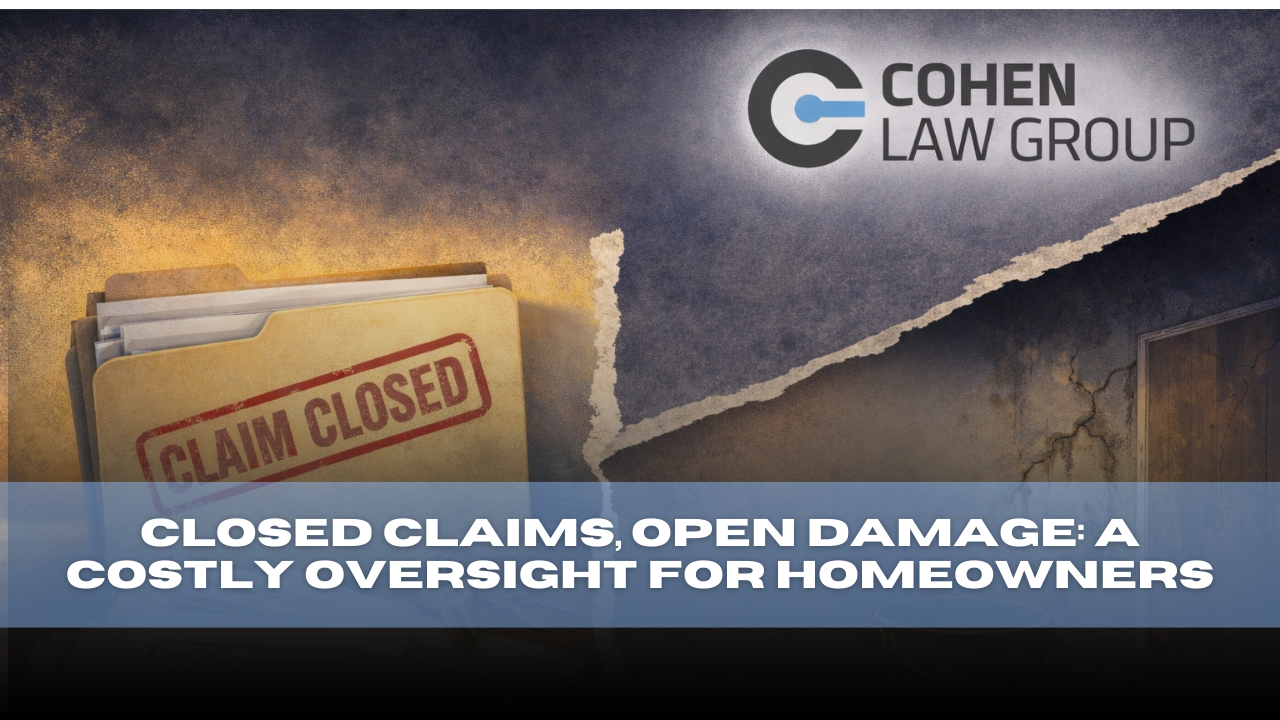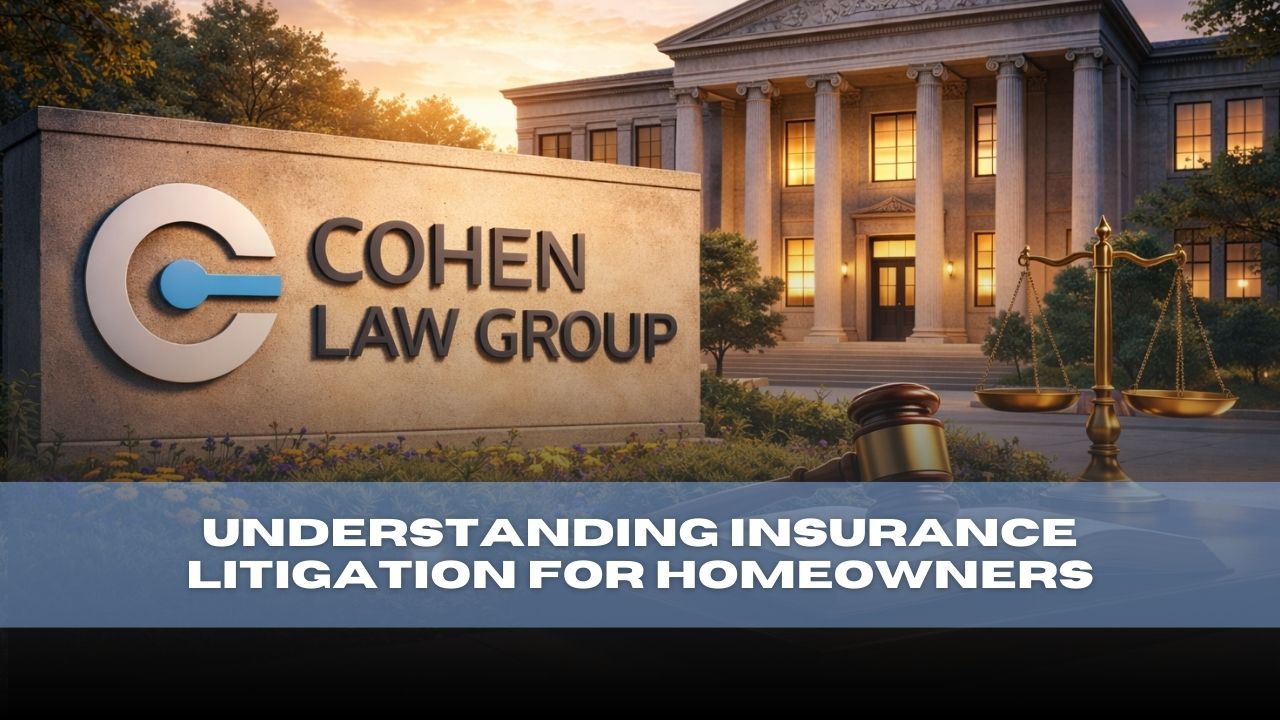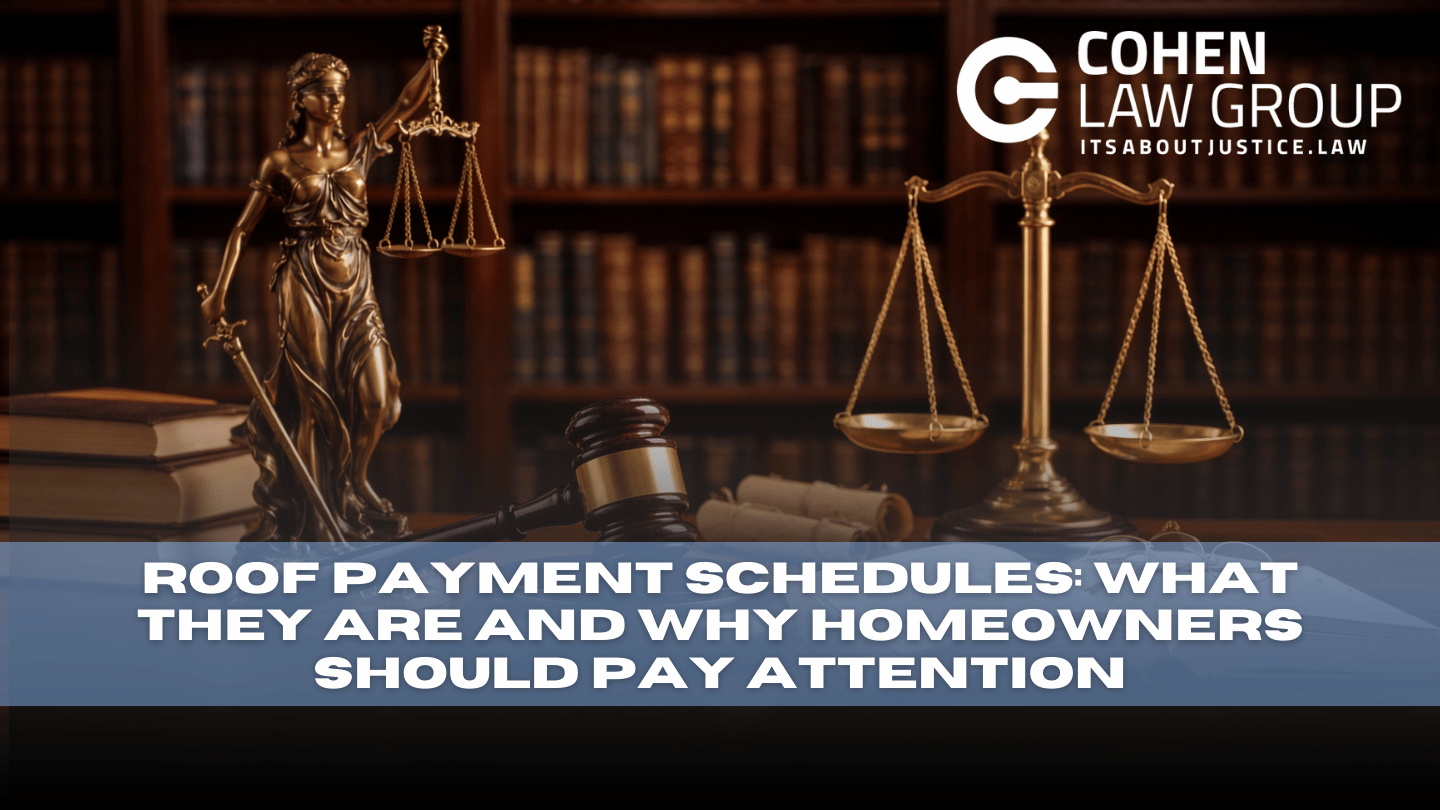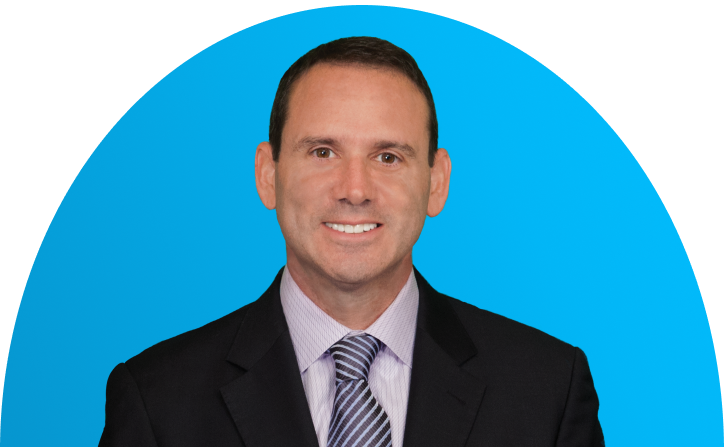This is a question we are often asked and a very reasonable one given why you have come to us. More likely than not, you have hired our office because you have damage to your home and you want to know if your insurance benefits will assist you in repairing it. Not only that, you sometimes have to look at the damage or experience the effects of the damage every day, all while it seems like the insurance company is taking their time. You might find yourself saying the following things “it is taking too long?” or “is this ever going to end?” The answer to the second question is “yes!” Once you hire us and if your case gets into litigation (note, some cases resolve without litigation – not as many – but some), there is an end in sight.
Once a lawsuit has been filed, cases end (or resolve) in one of three ways: (1) trial or judgment, (2) settlement, (3) dismissal. The second is the most common way that property cases conclude, so we will go over that one today (come back to check out more on the other two ways). In the instance of a settlement, the parties (the insured and the insurance company) are coming to a compromise. In a settlement, the insurance company is not necessarily admitting liability and often when a settlement is reached, the insurance company will put language in their release stating that they have not admitted liability by coming to a settlement. Instead, a settlement means that both parties have looked at the facts of the case and decided that they would rather resolve the case on terms that they are both agreeable to, rather than allow a jury or judge make the decision for them. So, how do settlements happen? The first step is a demand or an offer. A demand is made by the insured to the insurance company. This demand is monetary in nature and your attorney will discuss the amount of the demand with you prior to making it to the insurance company. In most cases, your attorney will make this demand shortly after the case gets into litigation. An offer is an amount of money that the insurance company is making to you (the insured) to resolve your case without any further action being taken in the lawsuit (such as depositions, hearings, or discovery). Keep in mind that the first demand and offer are just that, first. It often takes a few rounds of demands and offers (called counter demands and counter offers) before the parties come to a resolution. During that process of back and forth, negotiation, your attorney will call you and discuss the pros and cons of the negotiation and you will be in complete control over whether or not you counter demand or accept an offer.
As always, if you have any questions about this or anything else related to your claim, please do not hesitate to contact us. We look forward to being able to help you.
Kailey Evans, ESQ.








